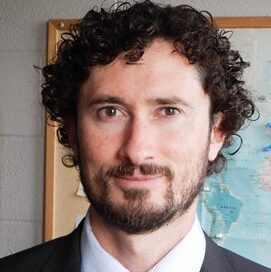What Happened to Apple’s Moral Backbone?
Published: August 8, 2017 / Author: Joseph Holt
Last year, Apple was on a moral high in its defiant standoff with the FBI over whether the company would help the agency unlock the iPhone of one of the San Bernardino shooters. The company was hailed as a hero in the fight against government intrusion.
But the company is no longer being hailed as a privacy rights hero. In January 2017, China’s Ministry of Industry and Information adopted a new regulation requiring virtual private network (VPN) developers to obtain a license from the government. VPN apps are one of the few ways that someone living in or visiting China can bypass the “Great Firewall” that restricts access to foreign websites—including perennial favorites like Google, Facebook, Twitter, and Instagram. In response, on July 29, Apple announced that it was removing all major VPN apps—which help Internet users circumvent censorship systems—from its App Store in China (the apps remain available in all other markets).
I can personally attest to the effect of this change. I am writing this piece from a hotel room in Beijing, where I was unable to access my Gmail account for the first two days here, even with a VPN connection. I eventually found a work-around, but the experience has left me sensitive to the importance of readily available means for getting around laws that unduly restrict the availability and flow of information.
Apple has explained that it is legally required to remove some of the VPN apps that do not meet this new regulation. But critics charge that Apple’s removal of many VPN apps from the App Store in China is inconsistent with its defiant stance against the FBI last year. On Tuesday, Apple CEO Tim Cook responded to this critique. He correctly explained that the two situations are not the same, because, “ In the case of the U.S., the law in the U. S. supported us. It was very clear.”
But Apple’s argument—that submission to censorship laws in China is necessary and that the company has to follow local law wherever it operates—is flawed.
The argument is presented as if a company has no choice but to follow local law. History shows that not to be true. During the apartheid regime in South Africa, for instance, some U.S. companies committed to the Sullivan Principles—corporate codes of conduct developed by Rev. Leon Sullivan that became a framework for dismantling apartheid—and engaged in what Sullivan called corporate civil disobedience.





